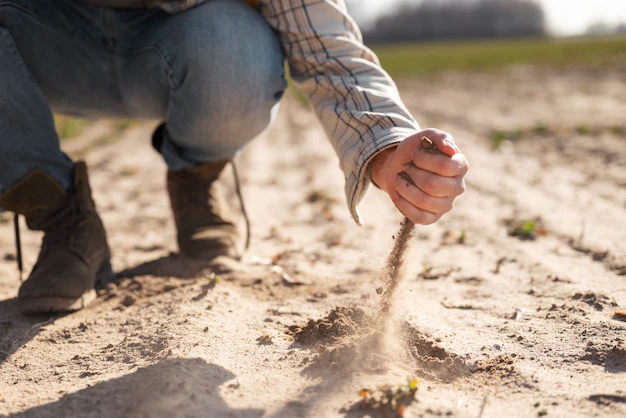- Soil scientists study the properties, composition, and behavior of soils to understand their impact on the environment and agriculture. They analyze soil samples, conduct experiments, and gather data to make informed decisions.
- Soil scientists often work in the field, collecting soil samples from various locations. They may also work in laboratories, where they perform tests and analyze the samples using specialized equipment and techniques.
- Understanding soil fertility and its impact on crop productivity is a key aspect of a soil scientist’s job. They assess nutrient levels, pH, organic matter content, and other factors to determine the soil’s suitability for different crops and recommend appropriate fertilizers and amendments.
- Soil scientists play a crucial role in environmental conservation and land management. They assess soil erosion potential, identify areas at risk of soil degradation, and develop strategies to prevent soil erosion and improve soil quality.
- Soil scientists may also be involved in land reclamation and remediation projects. They assess contaminated soils, develop remediation plans, and monitor the effectiveness of soil remediation efforts to restore soil health and functionality.
- Data analysis and interpretation are essential skills for soil scientists. They use statistical tools and computer models to analyze soil data and identify patterns, trends, and relationships. This information helps in making informed decisions about land use and agricultural practices.
- Soil scientists often collaborate with other professionals, such as agronomists, geologists, ecologists, and engineers, to address complex soil-related issues. Effective communication and teamwork skills are essential for successful collaboration.
- Fieldwork is a significant component of a soil scientist’s job. They may need to travel to different locations, including rural and remote areas, to collect soil samples and conduct surveys. Physical fitness and the ability to work outdoors in various weather conditions are important.
- Soil scientists need to stay updated with the latest research and advancements in their field. They attend conferences, read scientific journals, and participate in professional development activities to enhance their knowledge and skills.
- A career as a soil scientist can lead to diverse opportunities. They can work in government agencies, research institutions, agricultural companies, environmental consulting firms, or universities. Some soil scientists also work as educators, teaching and mentoring the next generation of soil scientists.
Being a soil scientist requires a strong background in soil science, a passion for the environment and agriculture, and a commitment to understanding and preserving one of our most valuable natural resources.
Join 'Farmers Mag' WhatsApp Channel
Get the latest Farming news and tips delivered straight to your WhatsApp
CLICK HERE TO JOIN






